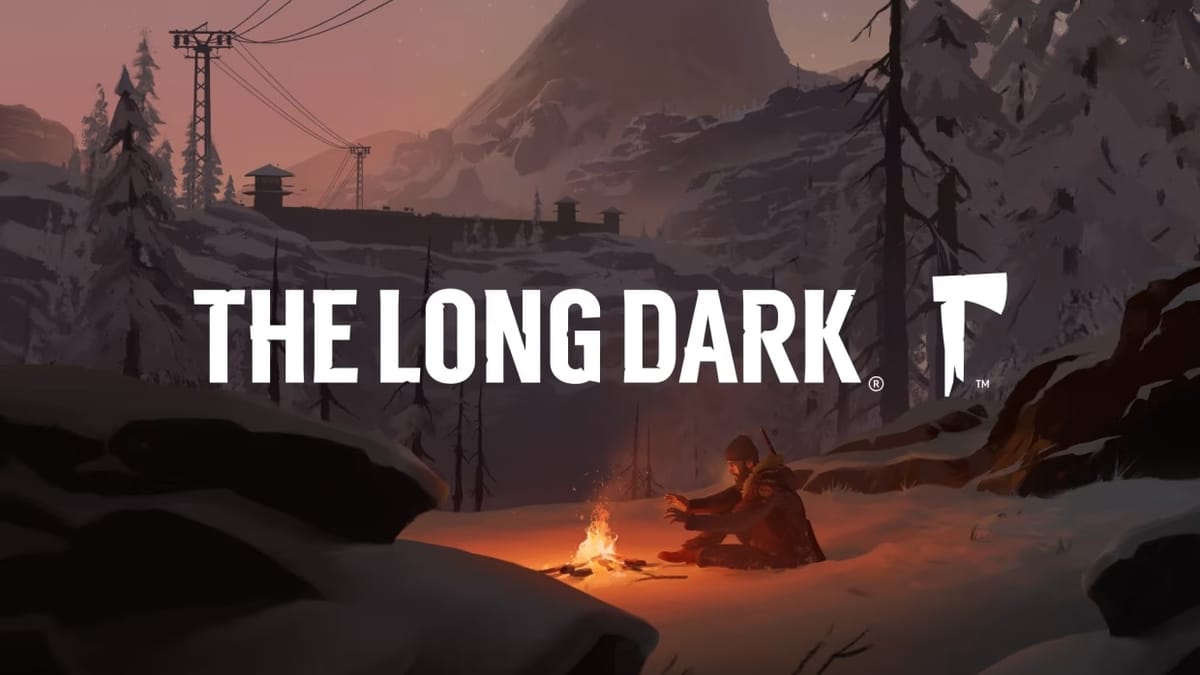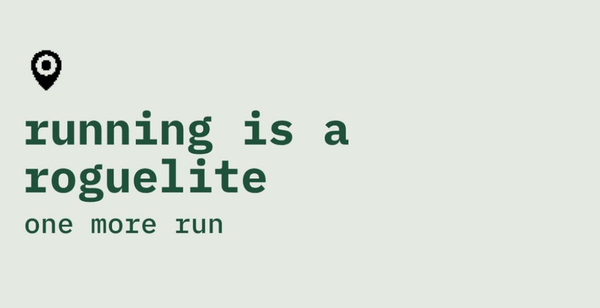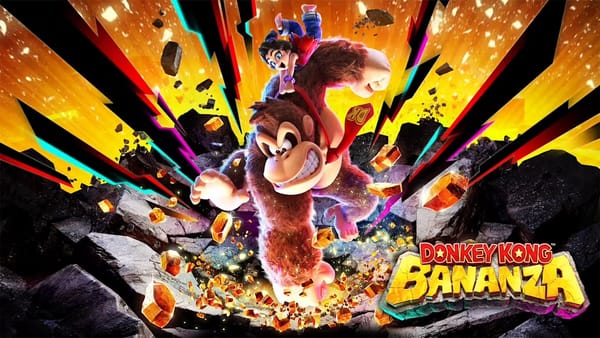The Long Dark of the soul
My wife calls it my depression game.

[Editor’s Note: Brandon Walsh is back with another meditation on life, games, and how we move through the world. Enjoy. -Grayson]
My wife calls it my depression game. No amount of arguing otherwise could convince her that a game about wandering in the wilderness alone until you expire is not loaded with metaphor. When I finally died at the end of my longest run, her response was telling: “Isn't that what always happens?”
Sure is. And yet, I keep jumping back in.
When you first boot up The Long Dark, a brutal, permadeath survival game set in the Canadian wilderness, you’re forced to sit through a series of unskippable messages before you can play. The first one brought a smile to my face: “Made without crunch by people who care about their players at a studio that cares about its people.” I’m here for a game with good labor politics. Don't expect that feeling of communal care to extend into the game, though.
Even if The Long Dark was made by a supportive collective, to play it is to be alone with your thoughts. An undisclosed geomagnetic event has disabled all electronics, all people have mysteriously disappeared, and you are left alone to make your way in the world for as long as you can. You break into houses and homes searching for supplies, and there are only traces of who came before you. Some help you get by: half-eaten chocolate bars and cryptic notes hinting at gameplay mechanics. Others point to connections you’ll never quite make. A pair of frozen corpses reaching out to one another. A baby crib with nothing in it. At one point I had a panic attack because I thought I saw another person standing in the woods observing me. It was just a stack of wood. I was still alone, trying to survive. There are others in the game’s episodic narrative mode, but I found myself more drawn to the endless sandbox survival mode, kept company only by the stalking wolves who wouldn’t leave me alone. Weeks in, I finally bought the DLC and spoke to another person, a trader who expressed his own reluctance to meet me to exchange gear until I had earned his trust. I never lived long enough to keep my end of the bargain, though.
The game’s unskippable warning wants you to draw strict parameters about what you take away from the experience: “DO NOT ATTEMPT TO USE WHAT YOU LEARN IN THE LONG DARK IN REAL LIFE. DOING SO COULD RESULT IN INJURY, ILLNESS, OR EVEN DEATH.” But the encroaching world outside is what keeps drawing me back in. Perhaps it's the fact that the world feels so unsettled and chaotic right now, with wanton cruelty at every turn, but I can't stop playing. However hostile and unforgiving The Long Dark might be, it at least offers a glimpse at a world with systems that can be learned, challenges that can be mastered. Maybe this time will be different.
The Long Dark might not want you to take practical lessons away from the game, but it does want you to think about what it means to live, in and outside of Great Bear Island. Each time you start a new run, the game offers you a naturalist quote to send you on your way. Charles Darwin, Henry David Thoreau, Carl Sagan, and more. For me, with all its unknowable landscapes and hostile natural beauty, the game evokes the concept of the sublime as it comes down to us through Edmund Burke. The term refers to the overpowering experience of encountering the natural world. Beautiful though it may be, natural beauty can also be horrifying in how it exceeds our rational ability to understand the world. Vast and unknowable, moments of the sublime are also encounters with irrationality and our own mortality. One of the most iconic representations of this concept comes to us by way of Caspar David Friedrich's “Wanderer Above Sea Fog,” an 1817 painting depicting a figure overlooking a vast and hostile natural world. Even if I don't want The Long Dark to be a game about my depression, it’s impossible for it not to be. Survival games like these are ultimately a pressure cooker for encountering whatever is going on with yourself. Sinking into survival mechanics quickly forces you to confront a lot of personal questions: Is it more important to do the hard, risky work of preparing for the future, or to take the short-term comforts of one more night? How do I keep the lights on when my matches won’t catch in the rain? What will I think about while I wait for the morning?
What do you do when standing in front of something you can’t make sense of? Something that exceeds you? Of the many quotes the game offers to frame its experience, one that stuck with me came from Seneca the Younger: “Sometimes even to live is an act of courage.” This might overstate things a bit too passively for a world in which real pain is actively cultivated by bad actors. We all need to do more. But I’ve been thinking a lot lately about what it means to survive and to thrive. In a world on fire, we’re all looking for a blueprint to make sense of things, and we’re all worried that it might not exist. Some days all you can do is just get up, get through, and try to make a little light in the world (even when you’re running out of matches).




